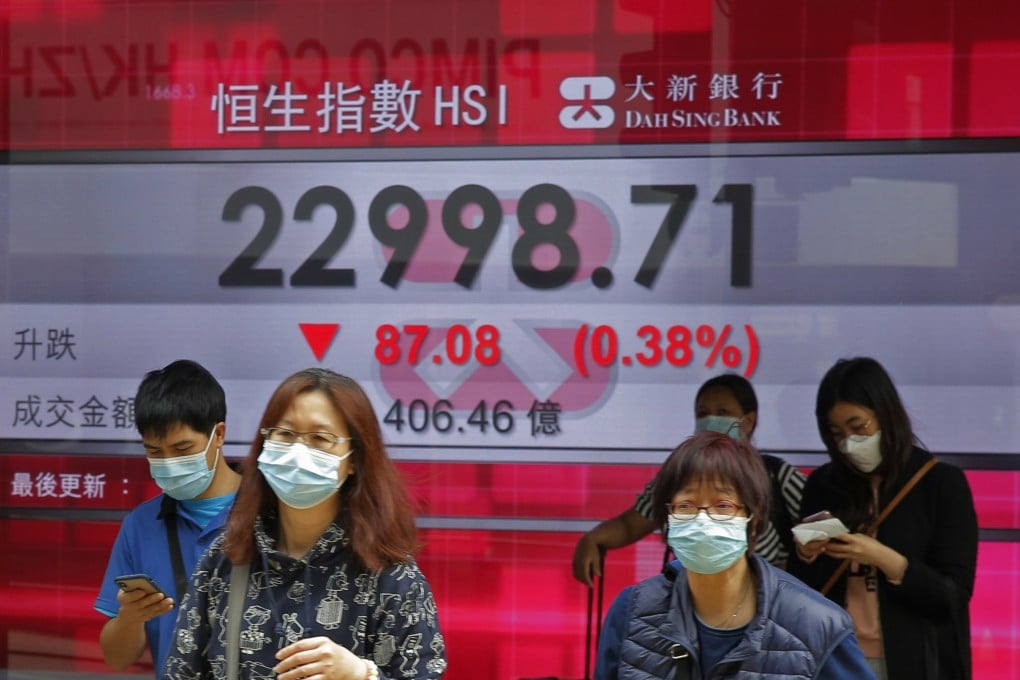Editorial | Stock markets are divorced from the state of the global economy
- Despite the Covid-19 pandemic and the threat of a new cold war, investors have focused on the slightest sign of recovery to propel a rally. But at these levels, caveat emptor has never been more appropriate

The late Nobel Prize-winning economist Paul Samuelson famously quipped that the stock market has predicted nine of the past five recessions. What he meant is that the stock market is a poor guide to the state of an economy. Today, we can say there is a complete divorce between markets and the state of the global economy.
The S&P 500, the world’s most watched index, has just pushed past a milestone reached only half a year ago. The Shanghai Composite is up about 11 per cent so far this year, making it the best-performing major index globally.
Stocks in China’s Nasdaq-style Star Market have risen more than 200 per cent on average since its launch last year. Hong Kong’s Hang Seng Index is just about 10 per cent short of recovering its pre-Covid-19 high of 28,000. This is despite the city being in a deep recession, where tourists have disappeared, retail sales and consumption have plummeted, unemployment is surging and the average profit margin of the Hang Seng’s 50 members has weakened to its lowest level in 10 interim periods, as of June.
Quite simply, speculative fervour and rosy expectations of recovery – fuelled by an accommodative monetary policy from all the major central banks resulting in zero or even negative real interest rates – are propelling the rally. The markets may be right that as bad as it is now, the world may have seen the worst of the pandemic.
And they are increasingly pricing in a Joe Biden win in the November US presidential election. While the US Republicans are generally perceived to be pro-business, investors are trying to gauge the effects on the stock market in the event of a Democrat president.
